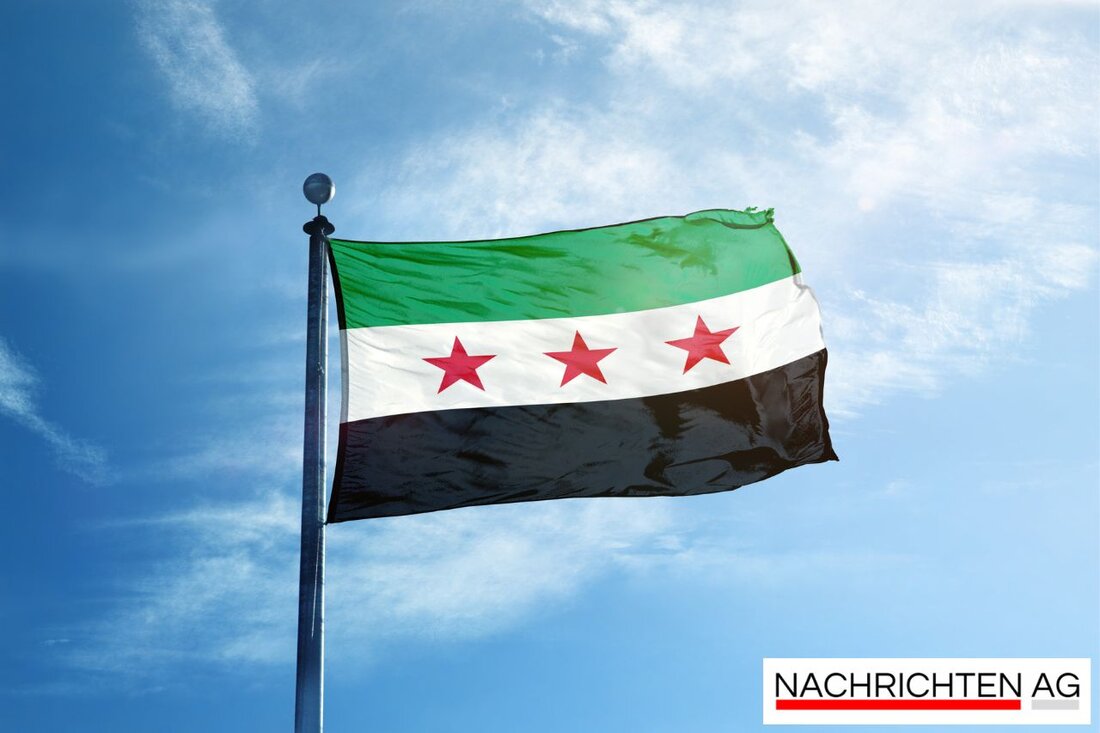Celebration for the conversion: New life in the Mühlenacker residential complex!
Celebration for the conversion: New life in the Mühlenacker residential complex!
On June 6, 2025, the Mühlenacker residential complex celebrated the end of extensive conversions in Lesum, which took over two years. These changes are important because they not only improve the quality of life of the residents, but also contribute to the integration of people with a migration background. The conversions included the construction of a transparent noise protection facade, the installation of smoke detectors in all rooms and the creation of new parking spaces. Nevertheless, the in -house kindergarten was closed as far as some families are concerned.
A total of 216 residents live in the residential complex, mostly in 80 one and three-room apartments. Interestingly, about half of the residents come from Ukraine, while the other half comes from countries such as Turkey, Ghana, Afghanistan, Serbia, Syria and Iran. This reflects the challenges with which migrants are confronted on the German housing market, as shown in a current contribution on BPB.de. The housing market not only affects the place of life, but also access to social resources and often makes integration into social life.
support for migrants
The residents of the residential complex receive support from an inner mission advisory team, which helps with everyday questions and bureaucratic challenges. The topics in which support is offered include living space placement, daycare and school visits as well as work and health insurance matters. Rodin Yousef, who lives in a three -room apartment with her husband and four children and works in the restaurant of the residential complex, shows how important such help offers are, especially at a time when many migrants have difficulty finding work.
The 19-year-old Javid Mohammed from Afghanistan aims to become a real estate merchant. Such professional ambitions are encouraging, but the differences in integration are obvious. According to the research on ethnic discrimination, migrants are often disadvantaged on the housing market, which make social integration considerably more difficult. This discrimination is shown in different facets, starting with the higher rental prices up to the often inadequate living conditions.
article on the living situation
Instead of an unequal distribution of living space, an intercultural opening and active diversity management in housing companies should be promoted in order to be able to create non -discriminatory structures. One problem remains that stable social integration is often made more difficult by separate life realities that can be found in many German places of residence.
The Mühlenacker residential complex offers opportunities for residents through monthly coffee wreaths and tea events to exchange ideas and strengthen their social relationships. In order to further promote this community, a need for volunteers becomes clear, which can help particularly with learning the German language. Suggestions range from the creation of a playground plan to the initiation of an urban gardening project to strengthen the sense of community and increase the quality of life.
Overall, the challenge for the integration and improvement of living conditions in society itself. Investments in the price -bound housing construction are necessary and should be supplemented by measures to redistribute and support in order to overcome the strict social inequalities. The goal remains to promote an inclusive society in which migration is viewed as an opportunity for everyone.
For more information about the challenges and opportunities in the housing market for migrants, you can report the reports on Weser Kurier , bpb.de , and ls4 sociology
| Details | |
|---|---|
| Ort | Lesum, Deutschland |
| Quellen | |


Kommentare (0)